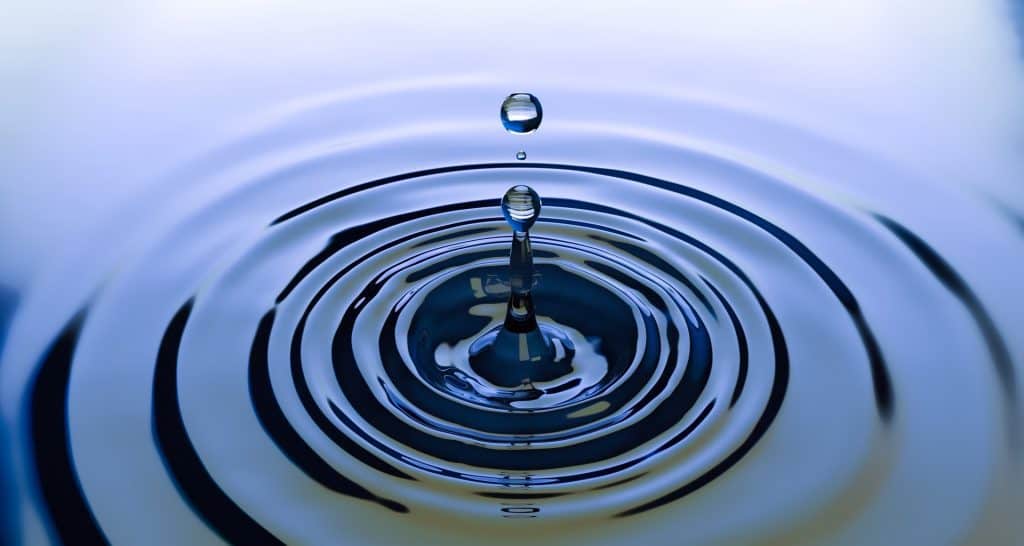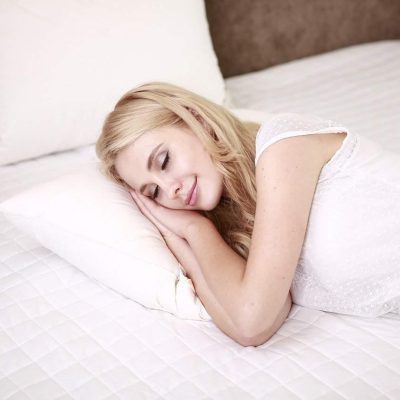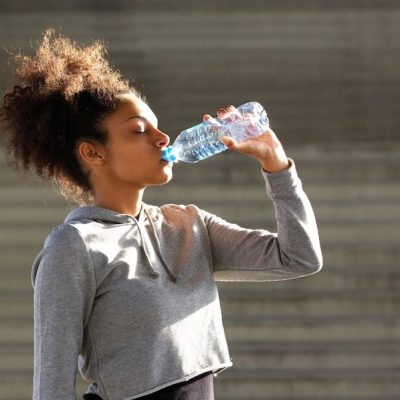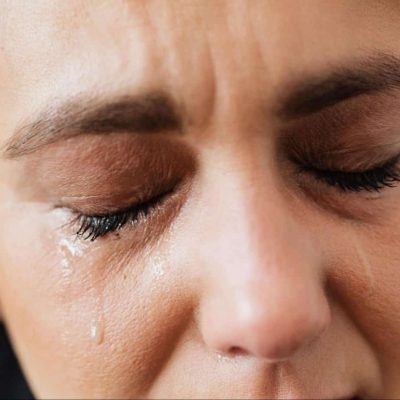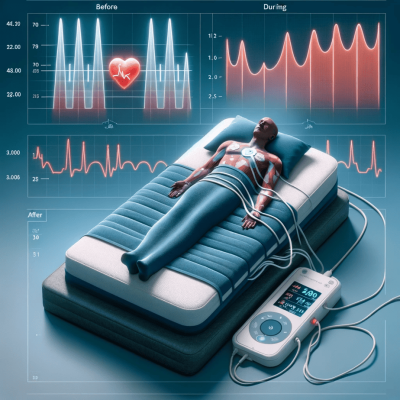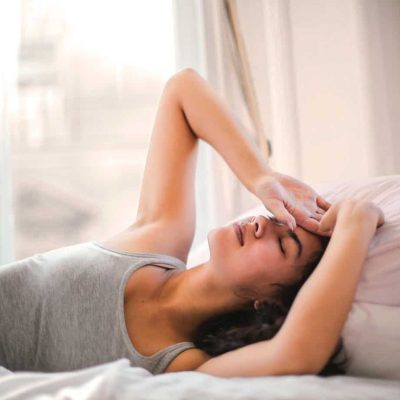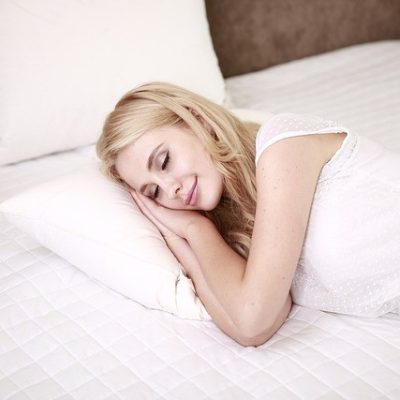Many CPAP users wake up with an excessively dry mouth, which can be bothersome at best and cause headaches, nosebleeds, or chapped sore lips at worst. A CPAP humidifier, which utilises water to keep your nose and mouth wet and moist while you sleep with your CPAP machine on, can help to reduce these issues.
A CPAP machine collects air from the surroundings and sends it into the mask at a constant pressure. As a result, your nostrils and mouth are under a lot of strain. During this technique, the air in the mask might become dry and cold, producing dryness and chapped lips, especially during the winter months. Side effects include dry mouth, a burning sensation in the nasal canal, and other issues.
Before you take in the compressed air, a CPAP humidifier provides necessary moisture. The humidity level in your space determines the amount of humidifier you should use. It’s usually a good idea to keep an eye on the moisture level in the area where you sleep if you use a CPAP machine.
Low humidity in the CPAP chamber can also induce sneezing and a runny nose. As the nasal canal grows drier, the vascular tissue in the nose secretes mucus as a lubricating mechanism. This results in sneezing and a runny nose. It is not always the case that having a humidifier in the room makes a difference.
Most CPAP machines now come with an integrated humidifier or can be equipped with a separate, detachable humidifier. The humidifier aids in breathing and sleeping, as well as avoiding nasal congestion, sneezing, and other bothersome symptoms.
The CPAP humidifier relies primarily on the heating plate to keep the air heated when water is unavailable, however this cannot function as a stand-alone device and may even destroy the tank. A bad odour has also been noticed by certain customers from a water chamber that isn’t filled with water.
If you use a humidifier, you can’t use your CPAP machine without water.
However, there may be instances when you wake up and discover that the water tank has run dry. The heat settings may need to be modified if this is the case. This happens most of the time when your CPAP machine is set at a high pressure, thus lowering the heat settings should keep the water warm till morning.
Even though you are not using heat to heat the water, using a cpap machine without any water provides moisture to the air. However, determining whether you can survive without humidification is a straightforward process. Remove the humidifier from the equation entirely. Depending on who you are, the amount of moisture in the air you breathe varies.
However, not utilising a humidifier (or using one that isn’t working due to a lack of water) can raise the risk of:
- Infections
- Gum disease
- Nose bleeds
- Inflammation
Some people may still feel dry while using the CPAP humidifier, however this is usually decreased. This, on the other hand, can be remedied by adjusting the humidifier’s temperature and humidity settings.
When using a CPAP humidifier, however, only distilled water should be used. Despite the fact that for many CPAP users, tap water right from the sink is far more convenient. CPAP manufacturers and clinicians, on the other hand, recommend that patients only use filtered water in their humidifier chambers for essential reasons!
What happens if the water in my CPAP runs out?
What if I run out of water in the middle of the night in my water chamber? Your gadget will function normally and safely without water in the water chamber, but it will no longer provide humidification.
Is it possible to use a Resmed CPAP machine without water?
Your gadget will continue to function normally and safely if there is no water in the tub, but it will no longer provide humidification.
What happens if I don’t have distilled water on hand to use with my CPAP machine?
Although filtered water can remove some minerals, it cannot always eliminate living organisms or contaminants. Drinking distilled water from a bottle is the safest option. Most manufacturers recommend using distilled water in a CPAP humidifier.
In a CPAP machine, what may you use instead of distilled water?
Reverse osmosis is an excellent distillation option for your CPAP. The water produced by reverse osmosis is 99 percent pure. A total dissolved solids content of 1 PPM is also present. If you’re using an at-home RO filter, make sure you replace it according to the manufacturer’s instructions.

